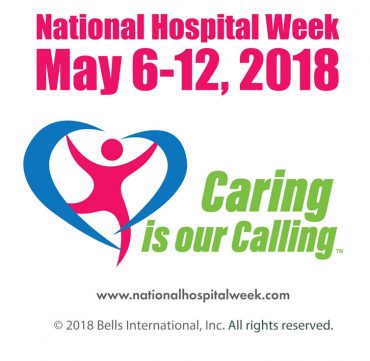
National Hospital Week 2018 gives us an opportunity to celebrate hospitals, health systems, and the people who support the health and wellbeing of our communities. We especially salute the dedicated individuals – physicians, nurses, therapists, engineers, food service workers, volunteers, administrators and so many more – who work to keep us safe and healthy when we need it most.
We also recognize the essential role lead batteries play in supporting this critical network of public safety. In fact, lead batteries provide an instant, reliable source of electricity when mere seconds can literally mean life or death. And, there’s more to the story.
Look around any hospital, clinic or other healthcare setting. You’ll find that lead batteries provide primary or secondary power in ways that are obvious and behind the scenes. Lead batteries power the engine of the ambulance that transports a patient to the hospital. They power the emergency generators that provide backup power in a blackout, instantly stepping up to keep lifesaving medical devices running and emergency lighting on.

Lead batteries also power wheelchairs and scooters that give their users mobility. And, not to be overlooked, are the small, sealed lead batteries found in portable communication devices and mobile medical carts that carry and power medical devices for point-of-care, barcode scanners and patient monitoring.
So, as we take a moment to thank those who look out for our wellbeing, let’s also recognize the essential role of lead batteries in keeping the medical world running smoothly.


